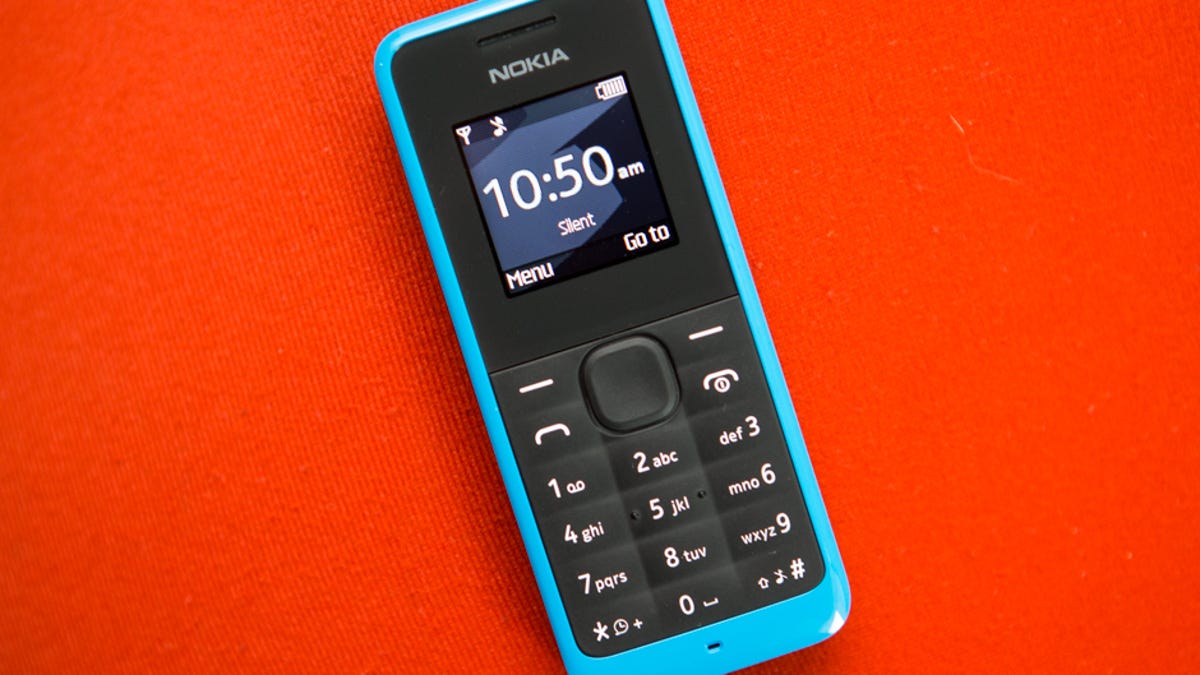
If you’ve watched a fair bit of TV and films, you must have heard the term “burner phone” being thrown around. A character needs a quick getaway, so they pick up a burner phone on the way and chuck it after use. Sometimes, they remove the battery or snap the phone in half before they trash it.
Although carriers have offered prepaid phones since the ’90s, the term burner phones or “burners” essentially became popular in the 2000s due to its use in the celebrated HBO series The Wire, in which characters used burner phones to avoid getting caught by the police. Although often portrayed as such, burners are not only meant to be used by criminals. With privacy concerns rising, you might consider using a burner phone yourself.
So, what exactly is a burner phone, and how does it work? Below, we explain everything you need to know about burners and how to get one.
What is a burner phone?
Simply put, a burner phone is a cheap prepaid phone with no commitments. It comes with a set number of prepaid call minutes, text messages, or data and is designed to be disposed of after use.
Burners are contract-free, and you can grab them off the counter. They’re called burner phones because you can “burn” them, i.e., trash them after use, and the phone cannot be traced back to you, which makes them appealing to criminals. Burner phones are typically used when you need a phone quickly, without intentions of long-term usage.
Burners are different from getting a regular, contract-bound cellphone plans that require a lot of your information to be on file.
Why should you use a burner phone?
Burner phones are an easy way to avoid pesky cellphone contracts or spam you may be getting on your primary phone number. Burners are not linked to your identity, so you can avoid getting tracked down or contacted if that’s what you need.
However, you don’t have to dispose of it after use — you can just add more minutes and continue using it. Burner phones can still function as regular phones, minus the hassle of getting a phone with a contract.
You can also get a burner phone as a secondary phone for a specific purpose, like having a spare phone number for two-factor authentication texts, for business purposes or to avoid roaming charges while traveling. You can get a burner phone for any privacy reasons you may have.
Read more: The Data Privacy Tips Digital Security Experts Wish You Knew
Burner phones, prepaid phones, smartphones, and burner SIMs: What’s the difference?
Burner phones are typically cheap feature phones and usually don’t come with the bells and whistles of a smartphone. Since these are designed to be cheap and disposable, you only get the essentials and very simple designs. The flip-phone form factor is a common sight in the burner phone market.
All burner phones are prepaid phones, but not all prepaid phones are burners. What sets a burner apart is that you will not have to give away any personal information to get one, and it won’t be traceable back to you. Also, it will be cheap enough to be trashed after use.
Read more: Best Prepaid Phone of 2024: Value Picks for Cheaper Plans
Prepaid smartphones are generally low-end models to begin with, and burners are the cheapest prepaid phones you can get. However, you can use any unlocked smartphone with prepaid SIM cards if you want to, essentially making it a prepaid phone.
If you want to get a burner, you don’t necessarily have to buy a new phone. You can get a burner SIM and use it with an existing phone as well. Burner SIMs are prepaid SIMs you can get without a contract or giving away personal information.
Where can you buy a burner phone?
Burner phones are available at all the major retailers.
Burner phones are available at all the major retail outlets. You can pick them up from Walmart, Target, Best Buy and other big retailers. They’re also often available at convenience stores like 7-Eleven and Rite Aid, local supermarkets, gas stations, and retail phone outlets like Cricket, Metro and others.
You can get a burner phone with cash; a typical burner should cost between $10 and $50. It may cost more if you get more minutes and data with the phone. If you’re getting a burner phone specifically to avoid having the phone traced back to you, it makes sense to pay with cash instead of a credit card.
If you just want a prepaid secondary phone, you can pay for one with a credit card. Credit cards will leave a paper trail that leads back to you, but that shouldn’t be an issue unless you really don’t want the burner phone linked back to you.
There are also many apps that let you get secondary phone numbers, including Google Fi and the Burner app. However, these cannot quite be called burners in the ideal sense, since these providers will typically have at least some of your personal information.
If you’re just looking to get a solid prepaid phone without anonymity, you can check out our full guide for the best prepaid phone plans available currently. We also have a guide for the best cheap phone plans you can get.
